
The Voice of the Living Land
In the study of mythology, there is often a divide between those who study stories as “texts” (literature) and those who understand them as “living entities” rooted in a specific landscape. Sean Kane, a Canadian scholar and cultural ecologist, bridges this gap. He argues that myth is not merely fiction or fantasy; it is a form of ecological memory.
Kane is best known for his masterpiece, Wisdom of the Mythtellers. In it, he explores how oral traditions—from the Haida of the Pacific Northwest to the Aborigines of Australia—serve as the “immune system” of a culture. These stories encode the wisdom of how to live in reciprocity with the more-than-human world. For the modern seeker, Kane offers a way to understand archetypes not just as mental images, but as powers inherent in the earth itself.
Biography & Timeline: Sean Kane
Born in Toronto, Sean Kane’s intellectual journey led him away from the city and into the “hinterland” of the imagination. He served as a Professor of Cultural Studies at Trent University in Peterborough, Ontario. Unlike many academics who remain in the ivory tower, Kane immersed himself in the study of oral traditions, spending time with indigenous elders and storytellers to understand the difference between the “written word” and the “spoken word.”
His work challenges the Western assumption that literacy is an upgrade from oral tradition. Instead, he suggests that while literacy allows for abstract analysis, it often severs the vital, sensory connection between the speaker and the land. His life’s work has been a call to recover the “ears” to hear the stories the land is telling.
Key Milestones in the Life of Sean Kane
| Year | Event / Publication |
| 1989 | Publishes Spenser’s Moral Allegory, an academic exploration of poetics. |
| 1994 | Publishes Wisdom of the Mythtellers, his seminal work on oral tradition and ecology. |
| 1990s-2000s | Teaches at Trent University, influencing the fields of Ecopsychology and Indigenous Studies. |
| Present | Professor Emeritus at Trent University; continues to write and lecture on myth and nature. |
Major Concepts: The Ecology of Story
The Mythteller vs. The Novelist
Kane draws a sharp distinction between the modern novelist and the ancient mythteller.
- The Novelist invents a fictional world. The authority comes from their individual creativity.
- The Mythteller remembers the actual world. Their authority comes from the landscape and the ancestors. They do not “make up” the story; they “curate” the memory of the tribe’s relationship with the land.
The Insight: We are starving for myth because we are fed a diet of fiction. We need stories that connect us to here.
The Songlines of the Psyche
Drawing on Australian Aboriginal concepts, Kane discusses how myths function as maps. A story about a Hero crossing a river is often a literal instruction on how to cross a specific dangerous river in the territory. However, it is simultaneously a psychological instruction on how to navigate an internal emotional transition. In oral cultures, the outer landscape and the inner psyche are mirror images.
The Conceptualization of Trauma: Placelessness
Through Kane’s lens, modern trauma is largely a result of Placelessness. We have lost the stories that tell us who we are and where we are.
The Severed Connection
When a culture destroys its landscape (clearcutting forests, damming rivers), it destroys its own library. The stories that were housed in those trees and waters disappear. This leads to a form of cultural amnesia and collective anxiety.
Healing: Recovery involves “re-storying” the self. This isn’t just about telling a better story about your life; it’s about finding the “mythic ground” beneath your feet. It involves asking: What does this place ask of me? How do I inhabit my life as if it were a territory to be tended?
Legacy: Re-Enchanting the World
Sean Kane represents a crucial voice in the movement of Re-Enchantment. He does not ask us to return to a pre-technological past, but to recover the “technology of the imagination” that our ancestors possessed.
His work is foundational for anyone interested in Ecopsychology. He teaches us that the world is not a collection of dead objects, but a parliament of speaking subjects—if only we learn to listen.
Bibliography
- Kane, S. (1994). Wisdom of the Mythtellers. Broadview Press. (Second edition published in 1998).
- Kane, S. (1989). Spenser’s Moral Allegory. University of Toronto Press.
- Kane, S. (Contributor). (1995). Essays in Parabola: The Magazine of Myth and Tradition.

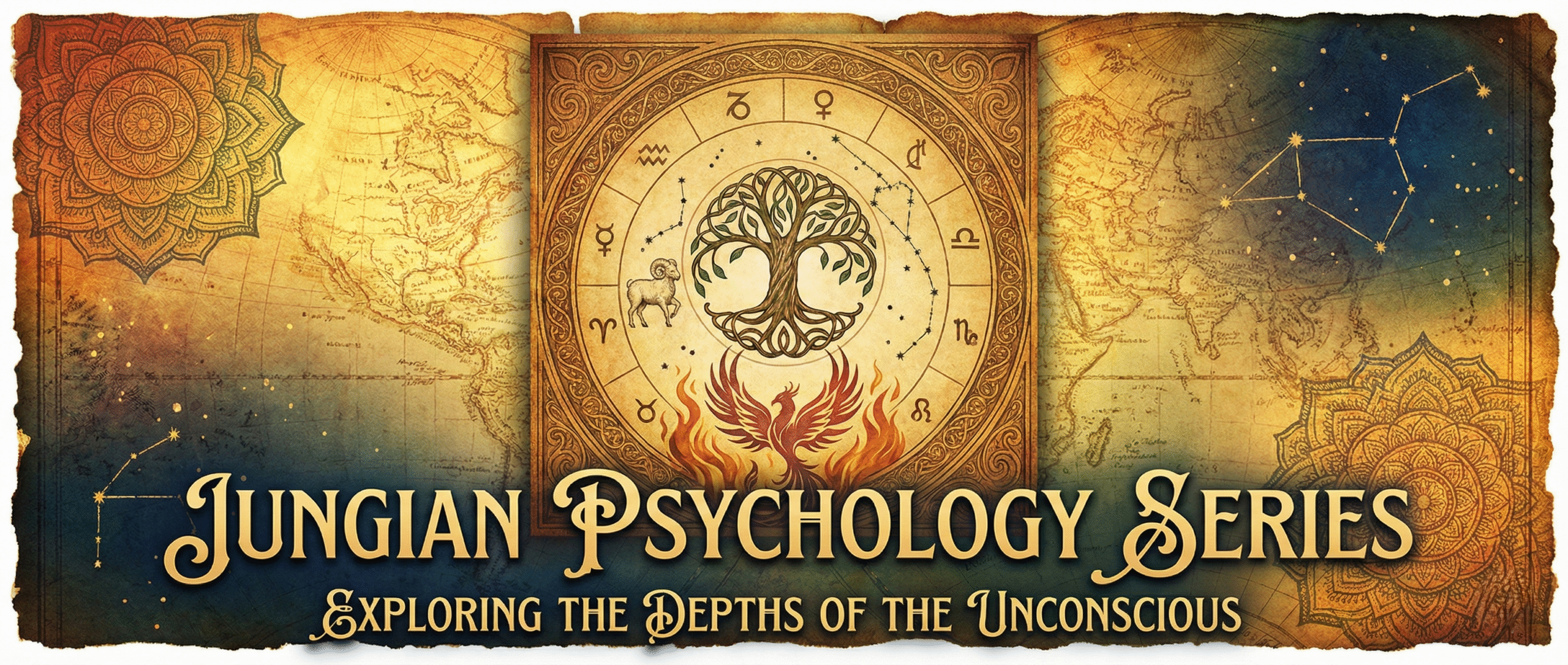
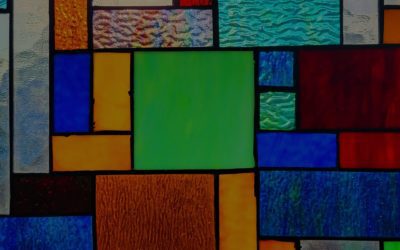
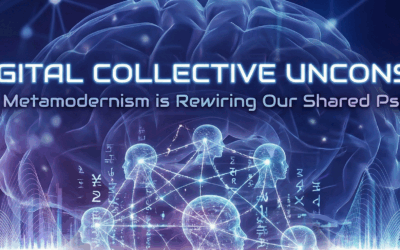
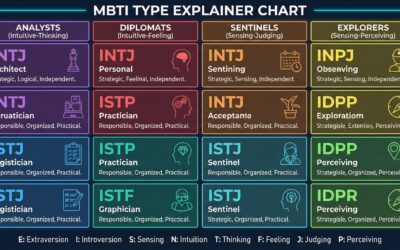
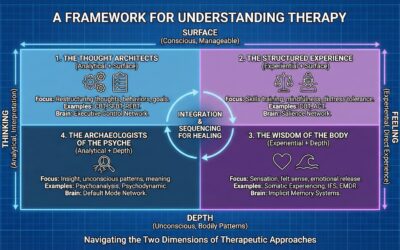
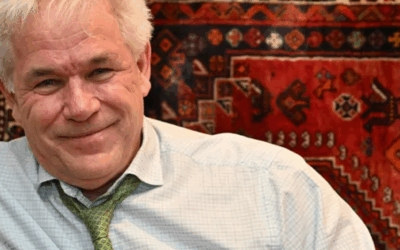
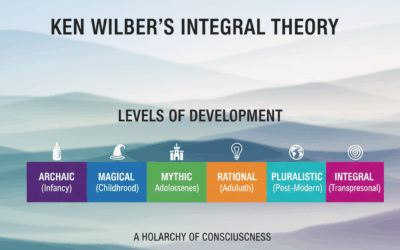
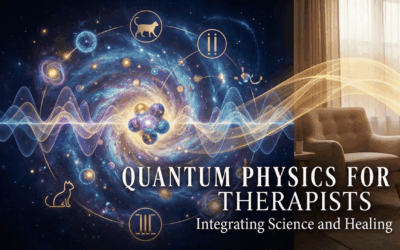
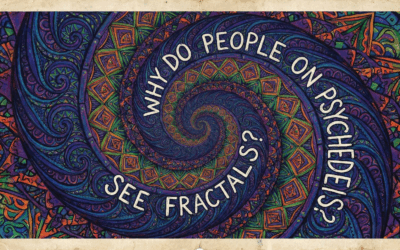
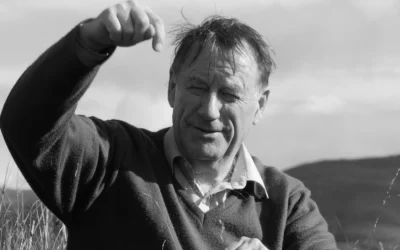
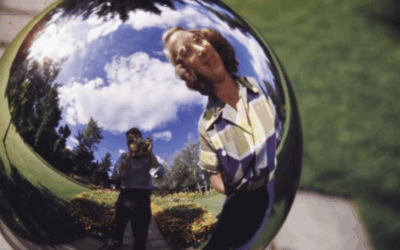
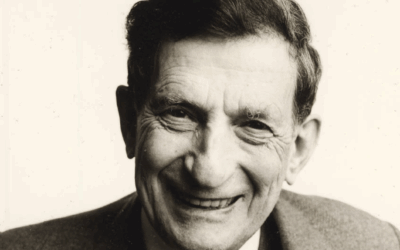

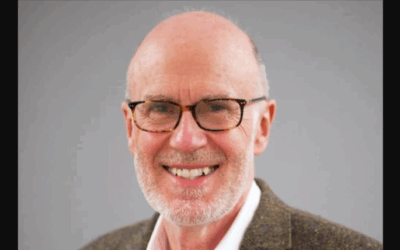
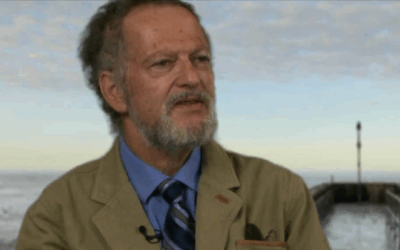
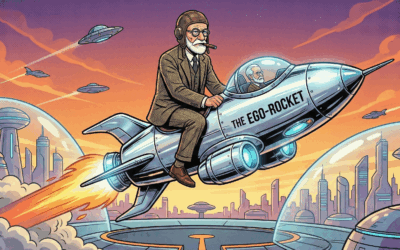

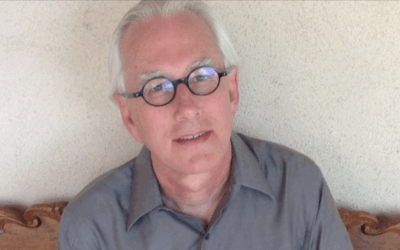
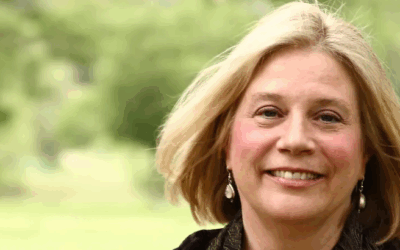
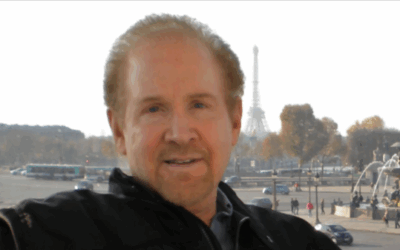

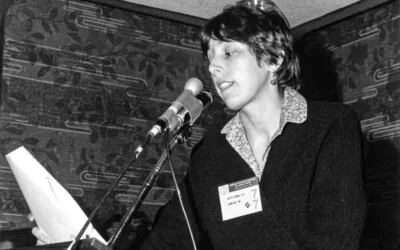
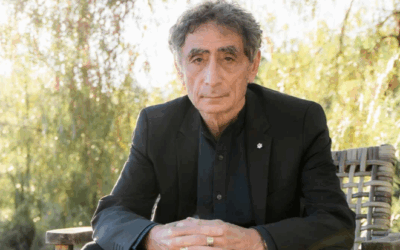

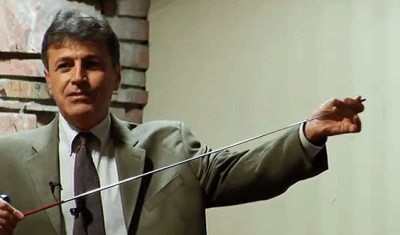

0 Comments